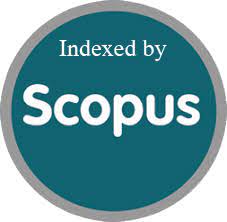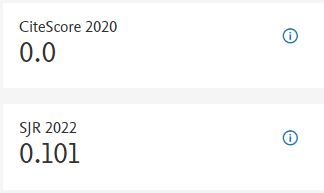LEGAL CHALLENGES AND HUMAN RIGHTS IMPLICATIONS OF RESTITUTION OF CONJUGAL RIGHTS FOR PRISONERS IN INDIA
DOI:
https://doi.org/10.7492/dymss474Abstract
The restitution of conjugal rights for prisoners in India is a topic that brings together the fields of law, human rights, and social justice. This paper explores the legal challenges and human rights implications surrounding the right of prisoners to access conjugal visits, focusing on its relevance in the Indian legal context. Conjugal rights, typically understood as the right to maintain family relationships through intimate interactions, have significant implications for the mental health and rehabilitation of incarcerated individuals. In India, where the prison system is often criticized for its overcrowded conditions and the violation of basic human rights, the issue of conjugal rights raises crucial questions about the balance between prison regulations, societal morality, and the constitutional rights of prisoners.
Further, the paper investigates the human rights dimensions of denying conjugal rights to prisoners. International conventions such as the United Nations Standard Minimum Rules for the Treatment of Prisoners (Nelson Mandela Rules) provide valuable guidance on prisoners' rights, including the right to maintain family relationships. The research reflects on how the lack of conjugal visits can affect prisoners' psychological well-being, their families, and their rehabilitation process. Psychological studies indicate that prolonged separation from family members, especially spouses, can lead to stress, depression, and other mental health issues, which may undermine the rehabilitative efforts of the prison system.

















